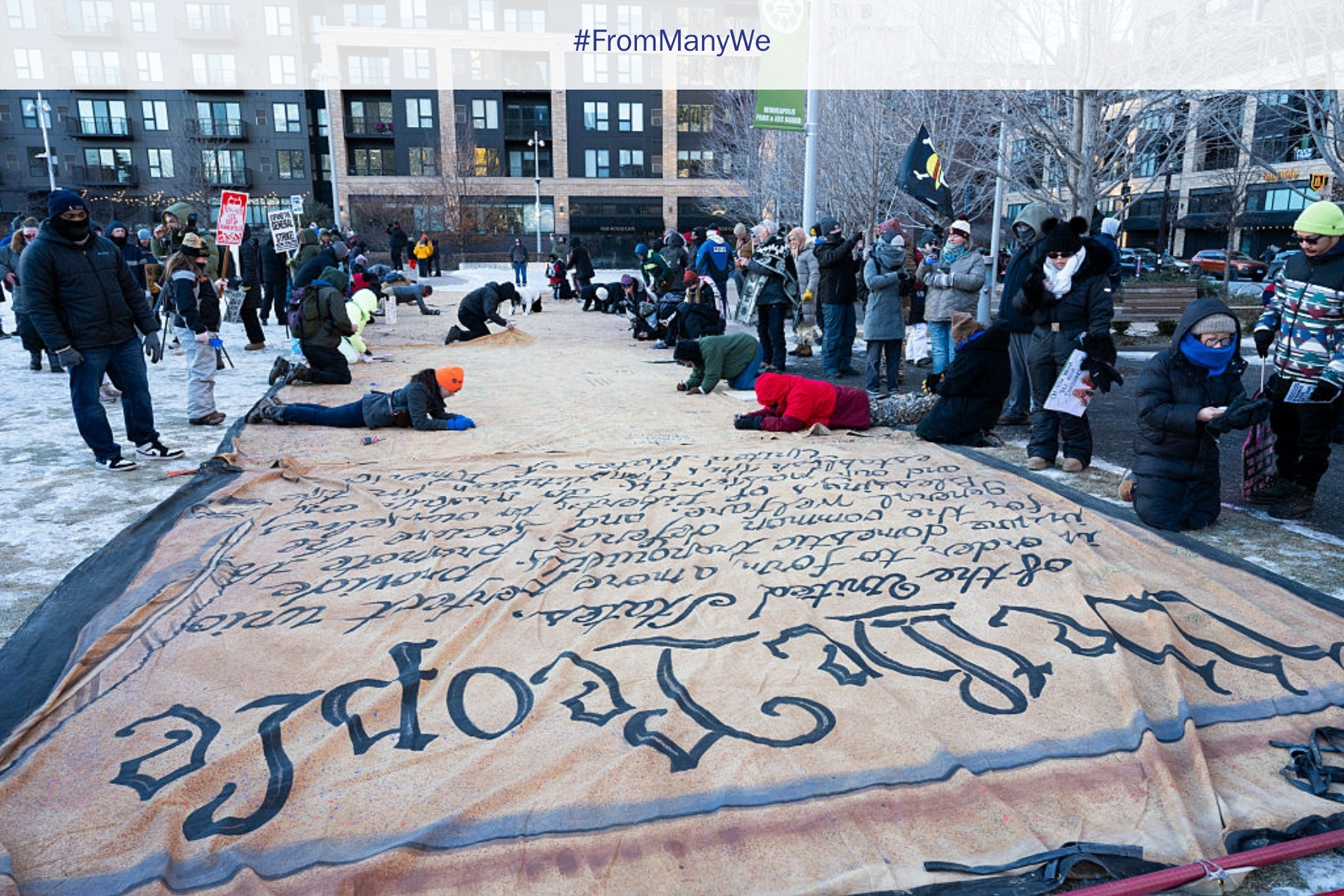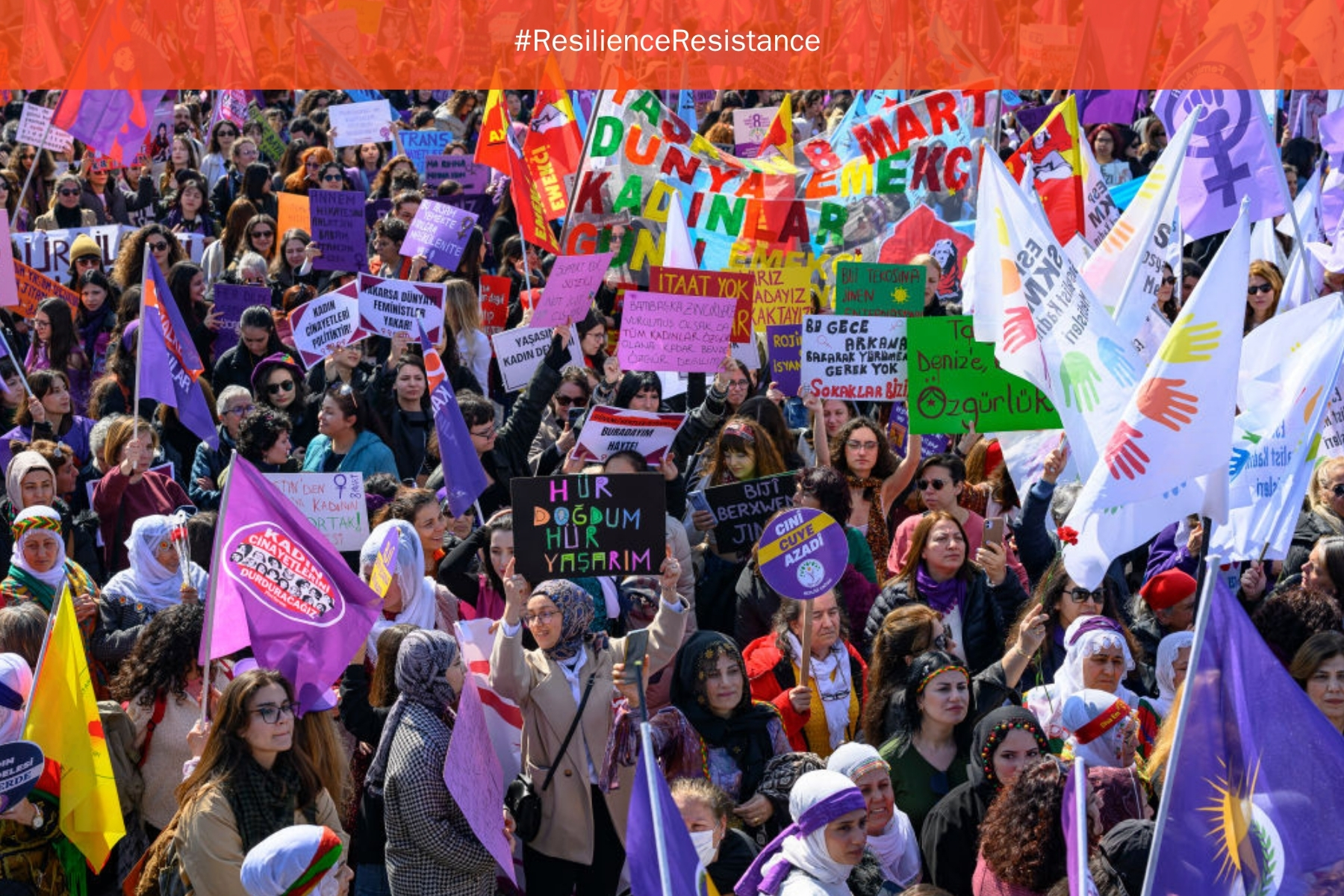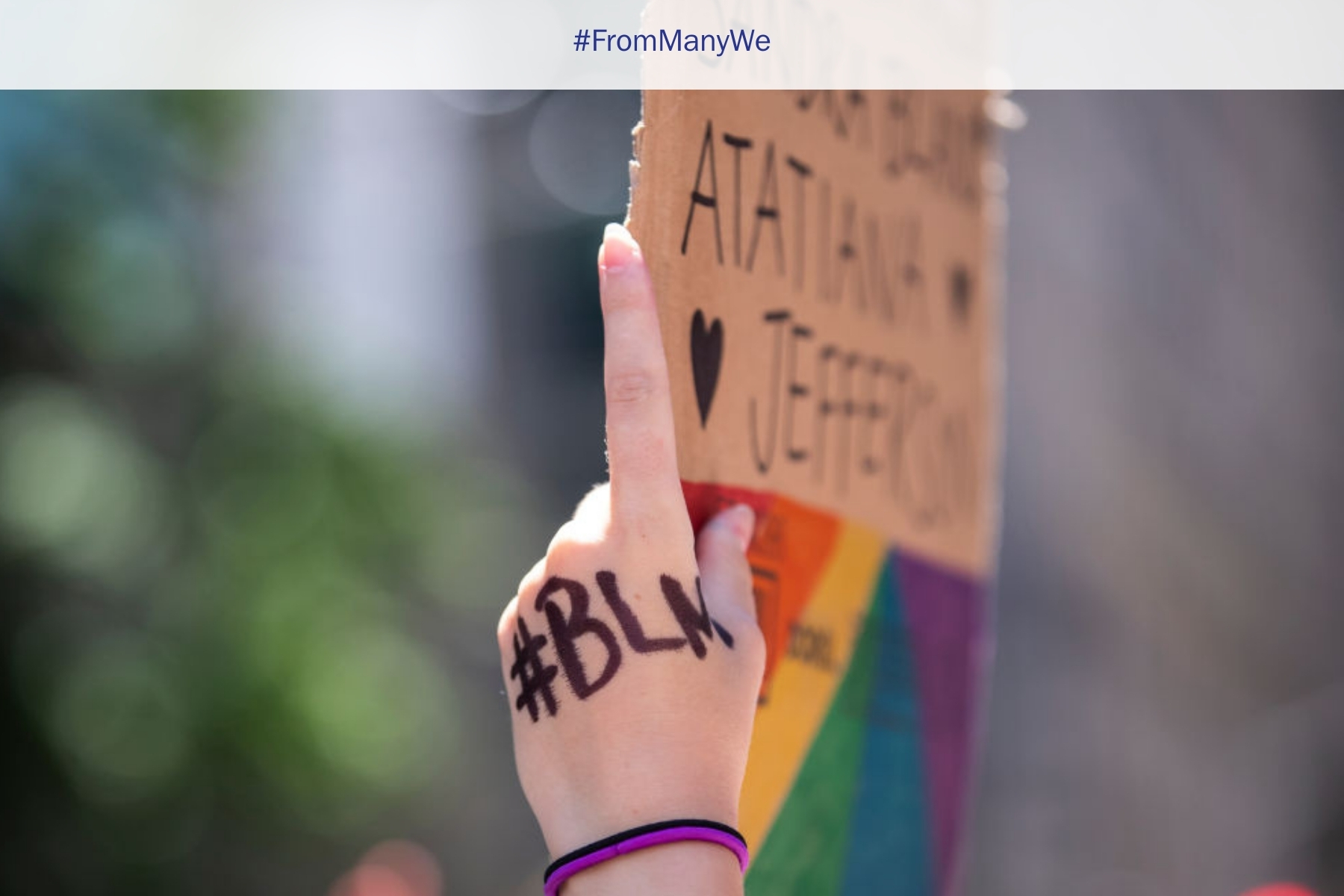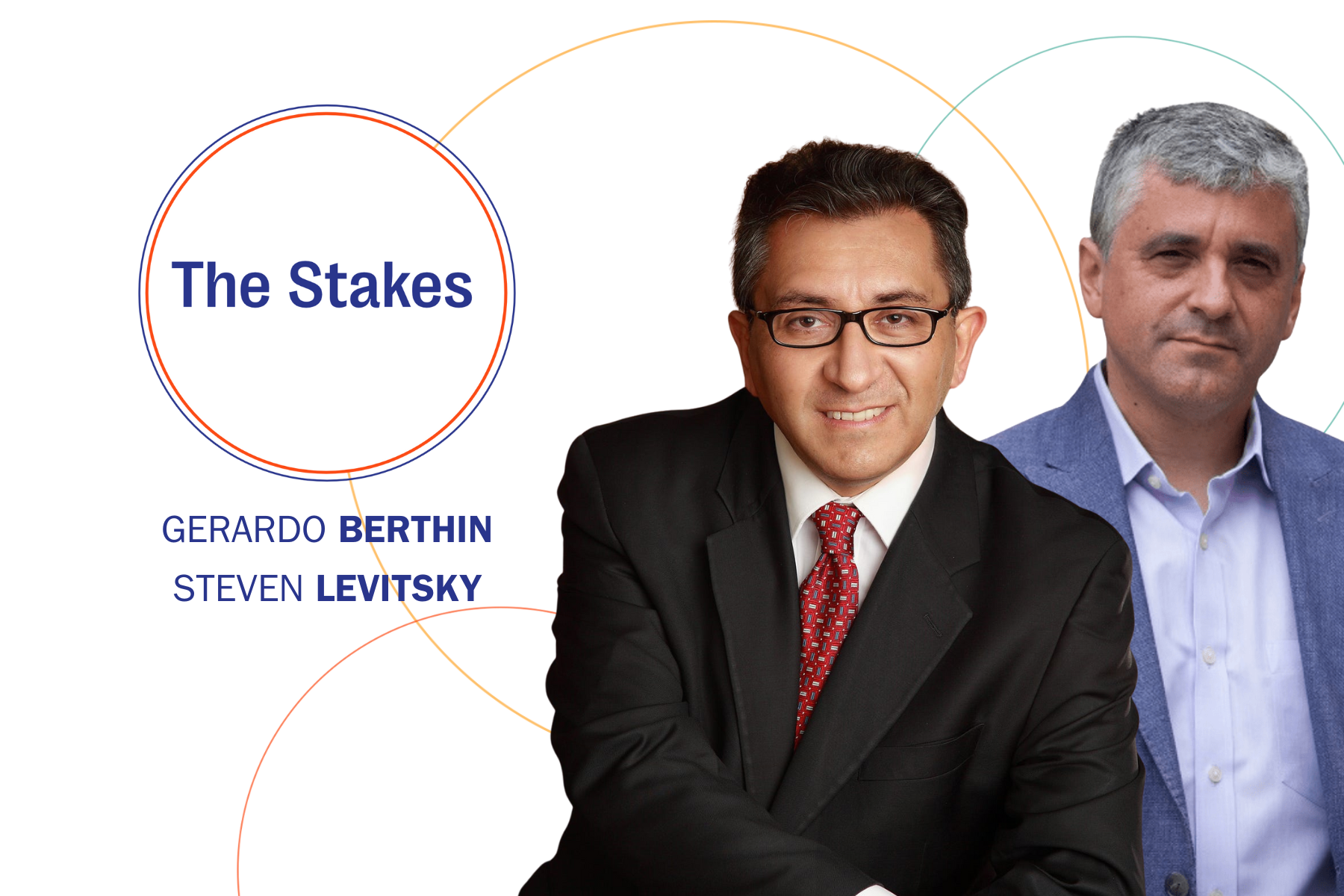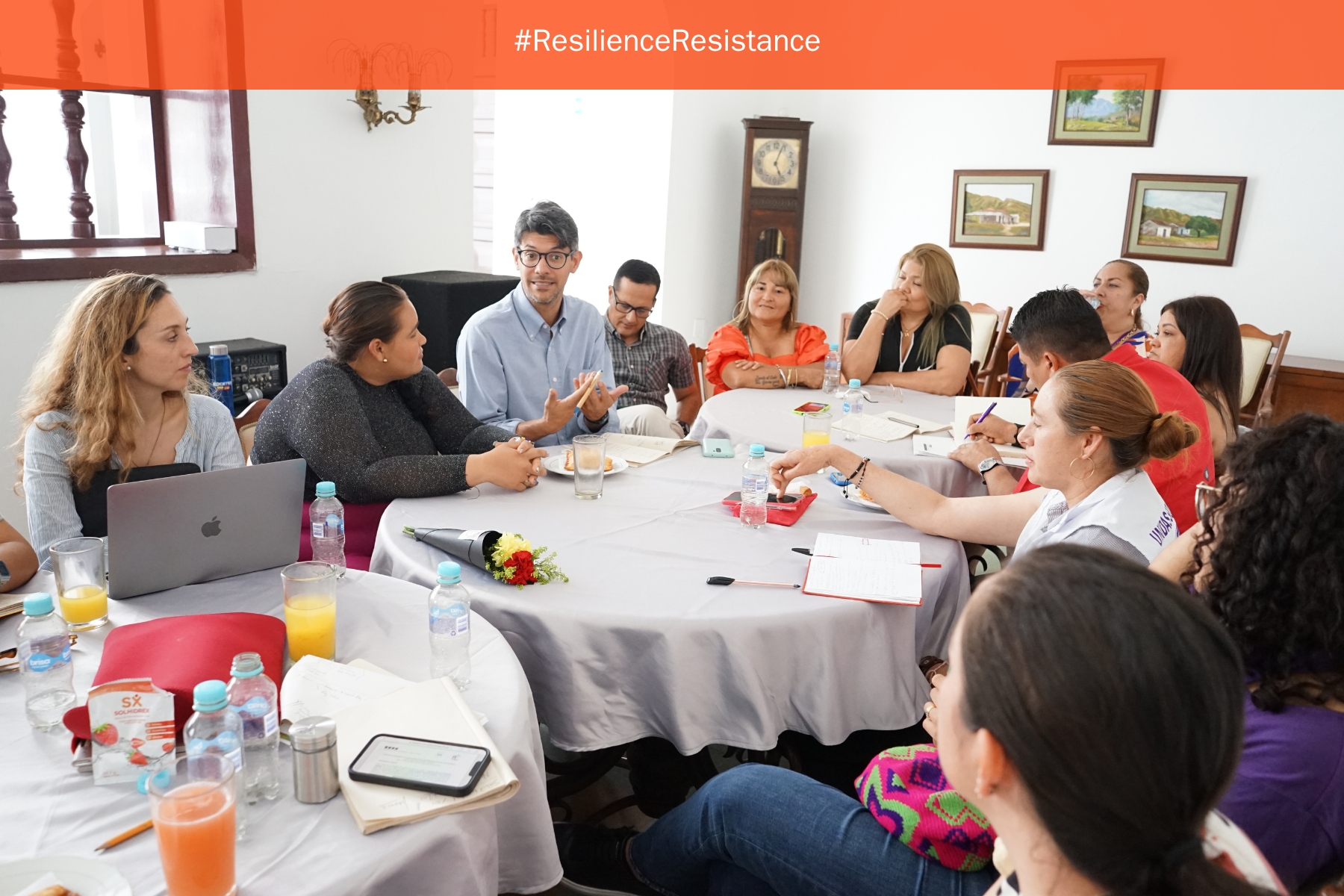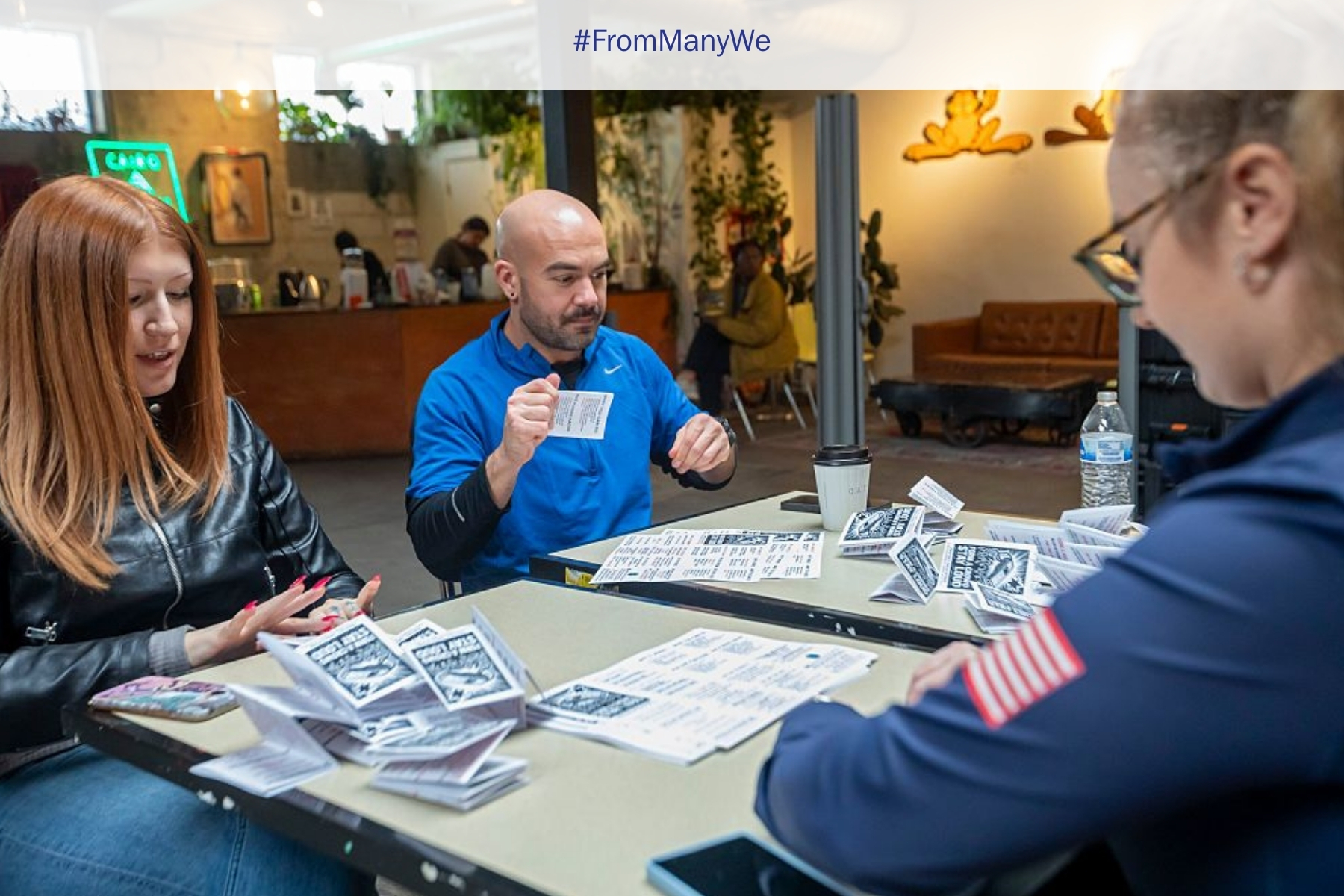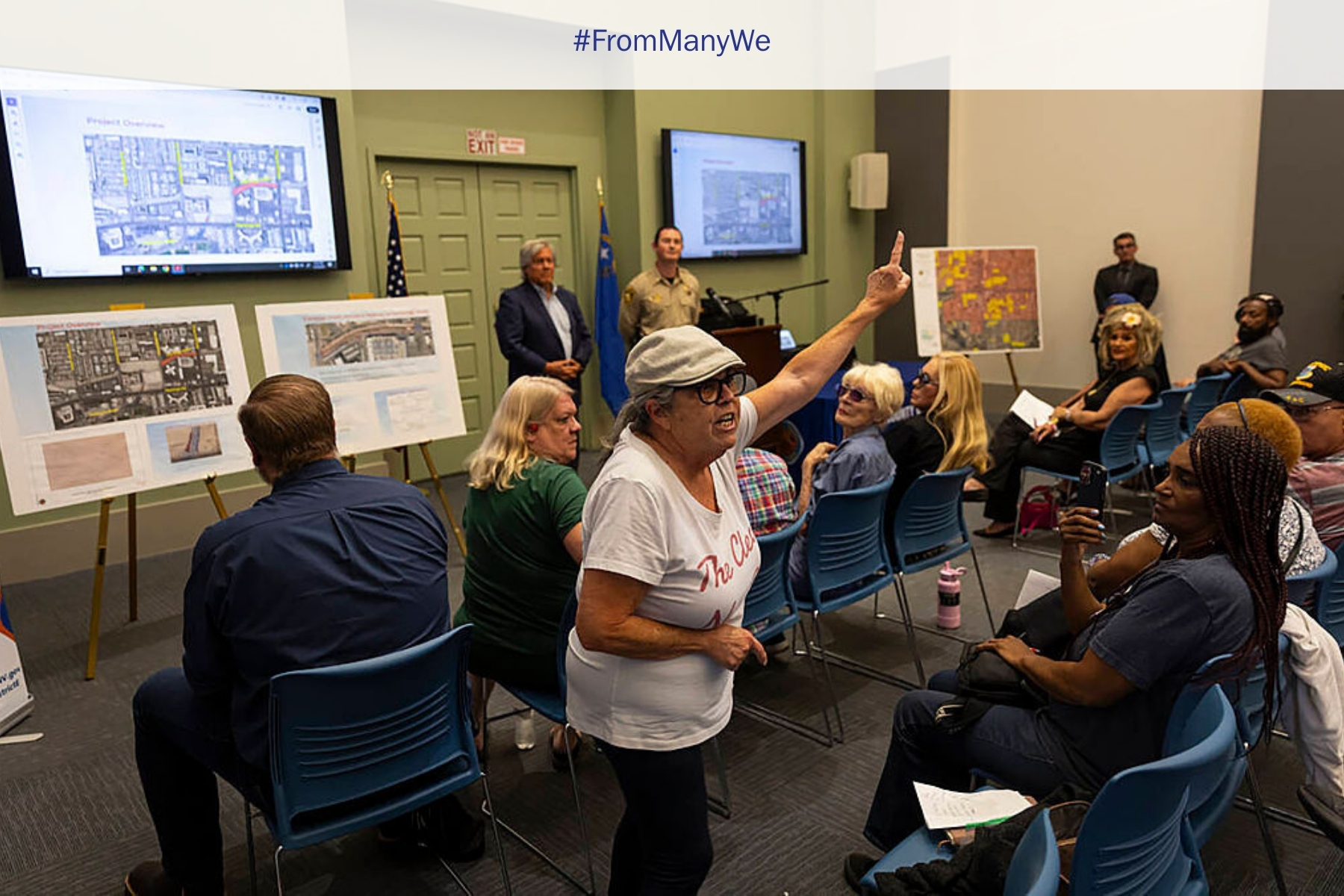Understanding Democratic Discontent: A Call for Research
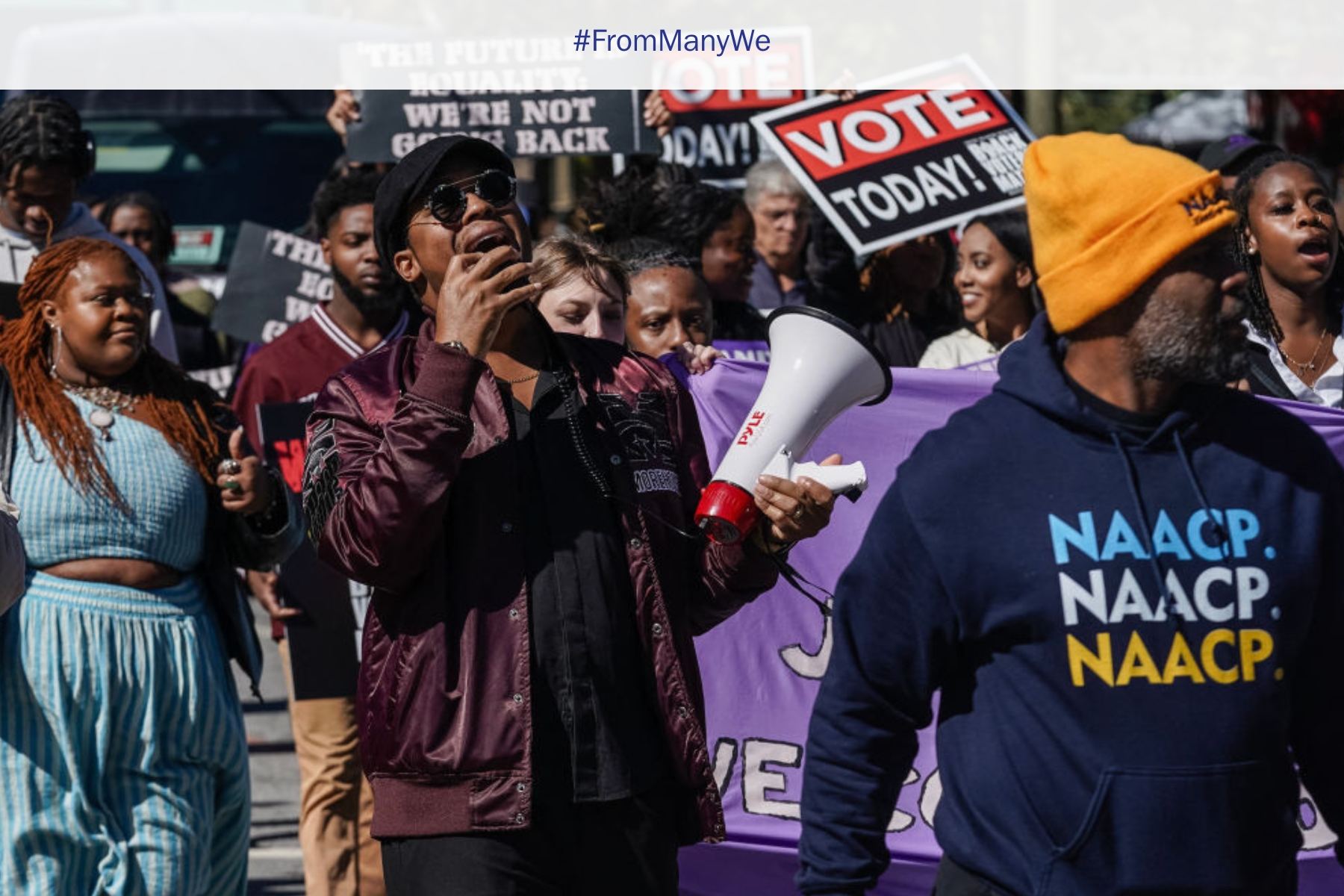
With authoritarianism on the rise, the ultimate bulwark safeguarding American democracy is the citizenry’s commitment to it. As Harvard’s Danielle Allen writes, “We can’t have a democracy if citizens don’t want one.” The Democracy for All Project is a new annual survey initiative of the Kettering Foundation, in partnership with Gallup, Inc., to provide a deeper and more comprehensive understanding of this phenomenon. We begin by taking stock of existing research, finding that Americans’ commitment to the norms and institutions of democracy is weakening. However, scholars and democracy practitioners need to know more about why this is happening, and account for Americans’ differing perceptions of being valued by their peers or excluded from the political system. Only with a full understanding of the problem can a new democratic consensus take shape.
Good News/Bad News
Recent surveys are a mix of both good news and bad news. The good news is consistent. Longitudinal reports from Democracy Fund’s Voter Study Group initiative show that most Americans support democracy and agree that the president should be subject to oversight and constraints on presidential power. The most recent report from that study affirms that “Support for democracy in general—whether by agreeing that having democracy is good or that democracy is preferable to other systems of government—has remained high over time.” Very few Americans, just 6%, prefer a non-democratic system of government.
In an analysis of cross-sectional and panel data from Yougov, researchers made the same point more emphatically: “Our results show that Americans of all political stripes overwhelmingly endorse democratic norms.”
However, while reports of a broadly shared allegiance to constitutional norms are reassuring, another finding raises serious concerns. After affirming broad support for democratic values in general, several studies note that support for specific democratic principles is less certain. Many Americans are willing to support anti-democratic actors and actions that serve their partisan interests.
A Pew report dated February 27, 2020, based on a 34-nation analysis, sounded a theme that more recent studies have affirmed. While democratic rights are popular and widely supported, “commitment to democratic ideals is not always strong.” A December 2023 survey of US citizens conducted by The Economist/You Gov notes “a broad aversion to dictatorship” but a troubling willingness to accept a “temporary autocracy.”
A report from the Center for Politics at the University of Virginia found that even as a majority of respondents expressed a preference for democracy over other forms of governance, many—although not a plurality—from both parties are willing to support authoritarian methods to achieve partisan aims. As project director Larry Schack comments, “What is most concerning . . . is the mainstream acceptance of authoritarian means to achieve preferred political outcomes. . . . indicating a willingness to bypass democratic norms that is shared by Democrats and Republicans alike.”
While support for checks on presidential power varies depending on which party is in the White House, Republicans are especially willing to acquiesce to uniliteral executive action. A recent Elon University poll found that while 78% of Democrats said the president does not have the authority to ignore court rulings, only 33% of Republicans gave the same answer. Many Republicans are willing to overlook extralegal action when their party’s leader holds the reins of power.
Inconsistent Commitments
The most recent survey by Democracy Fund’s Voter Study Group reinforced its earlier findings regarding the public’s inconsistent commitment to democratic norms. The survey returned to the same group annually over four years while spanning the terms of two presidents of opposite parties. The group was asked whether citizens not only affirm the value of democracy as an abstract principle but also support the rule of law and the separation of powers, reject violence, and accept the outcome of elections regardless of partisan consequences.
The study’s encouraging conclusion is that few Americans are consistent authoritarians. However, as the report’s authors are quick to note, “The real risk to American democracy, then, is the significant share of people who support or accept anti-democratic behavior and political violence when their side does it and who are willing to give up on democracy to advance their partisan interests.”
Does the Constitution Still Matter?
The apparent weakening of democratic norms and commitments raises a fundamental question: Are we still, as a nation, committed to the principles and procedures laid out in the Constitution? As one commentator writes, “Perhaps we have become a society that has forgotten its civics lessons, or remembering them, has decided that they no longer matter.”
There are some indications, which are more apparent now than they were a decade ago, that support for the Constitution has declined among certain demographic groups, particularly younger Americans. A September 2024 The Economist/You Gov poll found that while 75% of American seniors have a strongly favorable view of the Constitution, only 33% of Americans under the age of 30 share that view.
Overall, polls continue to affirm bipartisan support, in principle, for the Constitution and the rights it guarantees. According to Cato/YouGov, 9 out of 10 Americans have a favorable view of the Constitution while 53% are strongly favorable. Three-quarters of the American public affirm as “extremely important” the right to equal protection under the law, a right to privacy, the right to due process, the right to vote, and free speech.
This presents a puzzling picture. Americans support constitutional values, but at the same time a plurality support public officials who are disdainful of the Constitution and who indicate that they are not necessarily bound by its principles.
The harrowing experience of World War II built up the nation’s civic antibodies. The post-war generation consensus recognized the threats posed by would-be autocrats and the ways in which democracy can be subverted. Following the collapse of the Berlin Wall, liberal democracy appeared to be ascendant and was widely supported in the US and abroad.
Today, however, 80 years after the war in defense of democracy ended, Americans are no longer so confident about democracy or so firmly committed to the Constitution. The fact that millions of Americans are willing to allow exceptions to core constitutional norms is a sobering warning that the future of this nation’s democracy is in peril.
What We Need to Know
Pollsters’ reports shed light on many aspects of the nation’s governance and their level of trust in government. But few studies provide insights into people’s hopes for democracy, their experience of it, and their disappointments with it.
In addition to a weakening commitment to democracy, Americans are increasingly divided about what kind of democracy the US should have. Racial issues remain divisive and politically charged. A recent Gallup poll found that 85% of Republicans approve of the president’s immigration policies while 82% of Democrats are opposed. Surveys also show divisions over religious and cultural questions, such as whether America should be a Christian nation. If America remains deeply divided about the nation’s increasing racial and ethnic diversity, a substantial portion of Americans will likely be discontented with democracy and reluctant to fully embrace core constitutional values. What are the drivers of Americans’ views on these divisive issues? Is there any hope for consensus on them?
Moreover, general trends may gloss over the very different reasons particular groups feel devalued, excluded, or frustrated with the political system. We don’t know enough about how democracy is experienced differently by Americans of various age groups, social classes, and racial and ethnic identities. What would it take for Americans to experience democracy working, particularly those for whom democracy has never worked? What do Americans think about this nation’s future as a diverse, multicultural, and pluralistic society?
A deeper understanding of what democracy means to the American public is critical to restoring Americans’ faith in liberal democracy and their commitment to the Constitution. The Democracy for All Project aims to fill this gap. At a moment when many Americans have a shaky and inconsistent commitment to democracy, it is important to recognize why many people condone undemocratic actions and know what can be done to bolster the nation’s commitment to its founding principles.
Keith Melville, PhD, is an emeritus professor at the Fielding Graduate University and a consultant to the Kettering Foundation. Formerly senior writer and executive editor of the National Issues Forums, he has written and led seminars about democracy throughout his career.
Derek W. M. Barker is senior program officer for Research Initiatives at the Charles F. Kettering Foundation, a political theorist, and the lead editor of the foundation’s blog series From Many, We.
From Many, We is a Charles F. Kettering Foundation blog series that highlights the insights of thought leaders dedicated to the idea of inclusive democracy. Queries may be directed to fmw@kettering.org.
The views and opinions expressed by contributors to our digital communications are made independent of their affiliation with the Charles F. Kettering Foundation and without the foundation’s warranty of accuracy, authenticity, or completeness. Such statements do not reflect the views and opinions of the foundation which hereby disclaims liability to any party for direct, indirect, implied, punitive, special, incidental, or other consequential damages that may arise in connection with statements made by a contributor during their association with the foundation or independently. The views and opinions expressed by contributors are likewise made independent of their affiliation with Gallup and without Gallup’s warranty of accuracy, authenticity, or completeness. Such statements do not reflect the views and opinions of Gallup, which hereby disclaims any association with or endorsement of such content.
